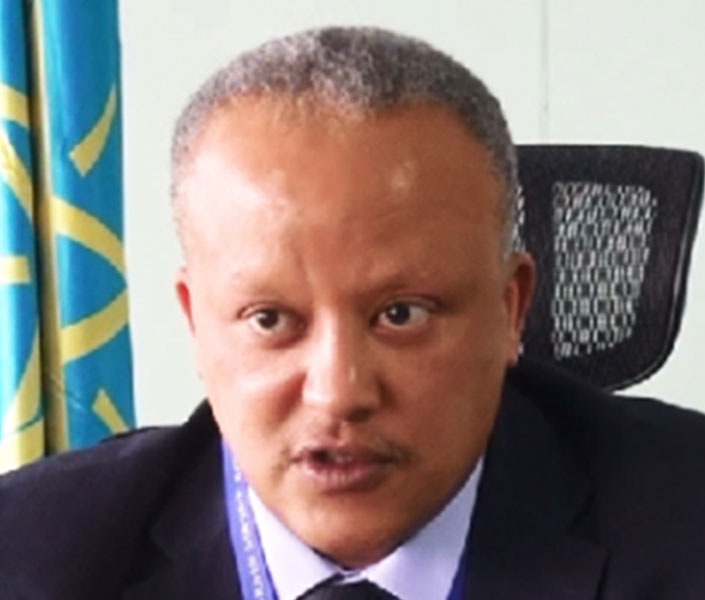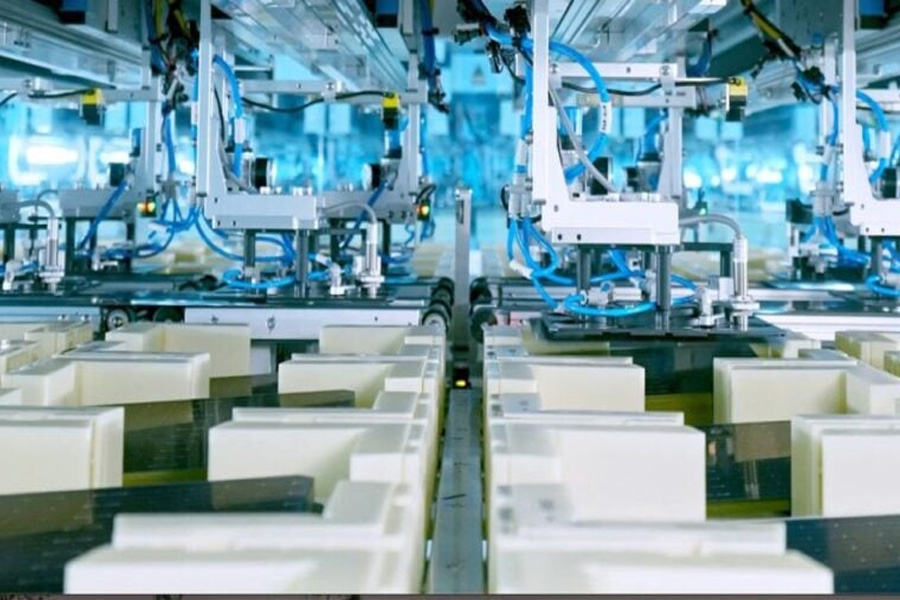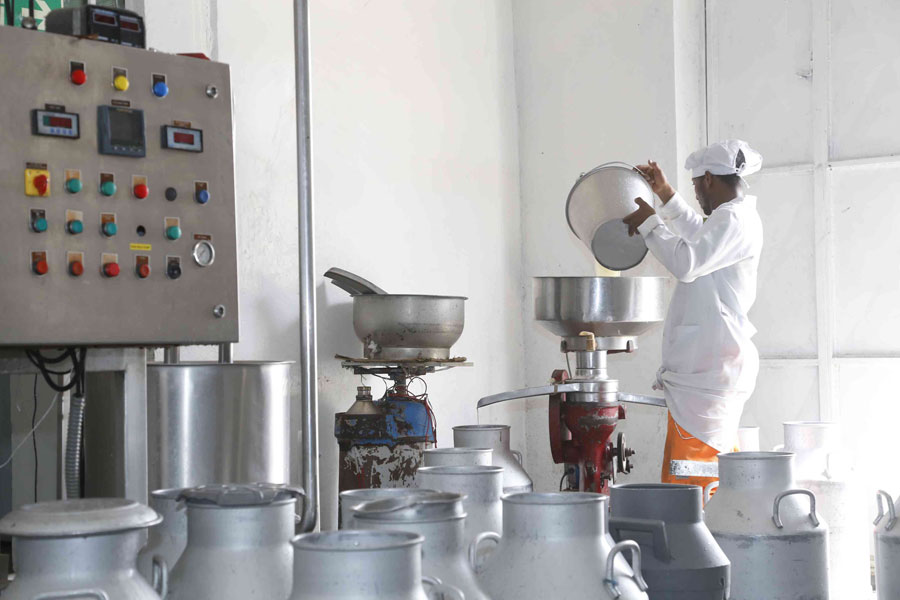
A project office under the Ministry of Agriculture (MoA) is importing 10 million Br worth of frozen bovine semen from Cogent Breeding Limited, a company based in the United Kingdom (UK), to begin artificial insemination and improve dairy productivity through cross-breeding. The imported semen will be sexed, a procedure used to produce a specific gender of offspring - female in this case.
The imports of semen are part of a project the authorities in the livestock sector are gearing up to boost milk production through artificial insemination.
Ethiopia is far behind in milk production despite popular claims of being home to the largest cattle population in Africa – 7.1 million dairy cows and 12.5 million milking cows, producing 4.6 billion litres annually. The milk yield stands at 1.5lt a day, while it is nine litres in Kenya and close to 20lt in South Africa.
The Livestock & Fisheries Sector Development Project (LFSDP) under the Ministry has been tasked to orchestrate the artificial insemination project, which officials expect would boost the milk yield of cows to a staggering 18lt a day.
The project marks the second attempt by the project office, opened in 2019 with 176 million dollars in loans from the World Bank. Earlier this year, the first insemination experiment sputtered out with around 40pc of success after four million Birr was spent on procuring bovine semen. Officials in charge of the project are hopeful the experiment will work better this time around.

"When we administer the imported semen to our cows as a pilot project, which are already disease-resistant, they will be able to give more milk, which would, in turn, boost productivity in the dairy sector," said Thomas Chernet (PhD), project coordinator.
The project office has bought 200 heads of indigenous Borena cattle, which are now quarantined inside the compound of Holeta Agricultural Research Institute. The office plans to import 257 heifer calf breeds, spending up to one million dollars, Thomas disclosed to Fortune.
The dairy sector has registered significant growth in the last decade, opening over 30 dairy processing companies. However, a critical shortage of milk supply remains a bottleneck to the processing industry.
Asrat Tera (PhD), director of the National Animal Genetic Improvement Institute, which is partly responsible for implementing the project, believes the success of artificial insemination depends on factors such as female age and the skill levels of the experts carrying out the insemination. The Institute is conducting studies on breeding and has previously carried out artificial insemination projects.
"The indigenous cattle are disease-resistant by nature while the foreign type is more productive," said Asrat.
The Institute has plans to eventually supply conventional bovine semen straws to farmers at a subsidised price, Asrat disclosed.
Experts in the field say artificial insemination is new to the country, despite its benefit to farmers and pastoralists. They prevent the spread of disease and help avoid the necessity of breeding bulls. But there are not sufficiently equipped facilities to have a market-size practice.
"Technical expertise is needed, and I have doubts about how efficient the inseminators could be," said Samuel Assefa (PhD), a livestock expert.
PUBLISHED ON
Jul 31,2021 [ VOL
22 , NO
1109]

Radar | May 29,2021

Radar | Oct 19,2024

Fortune News | Feb 25,2023

Viewpoints | Mar 04,2023

Fortune News | May 04,2019

Dec 22 , 2024 . By TIZITA SHEWAFERAW
Charged with transforming colossal state-owned enterprises into modern and competitiv...

Aug 18 , 2024 . By AKSAH ITALO
Although predictable Yonas Zerihun's job in the ride-hailing service is not immune to...

Jul 28 , 2024 . By TIZITA SHEWAFERAW
Unhabitual, perhaps too many, Samuel Gebreyohannes, 38, used to occasionally enjoy a couple of beers at breakfast. However, he recently swit...

Jul 13 , 2024 . By AKSAH ITALO
Investors who rely on tractors, trucks, and field vehicles for commuting, transporting commodities, and f...

Apr 20 , 2025
Mufariat Kamil, the minister of Labour & Skills, recently told Parliament that he...

Apr 13 , 2025
The federal government will soon require one year of national service from university...

Apr 6 , 2025
Last week, the International Finance Corporation (IFC), part of the World Bank Group...

Mar 30 , 2025
When the private satellite channel, Ethiopian Broadcasting Service (EBS), aired an em...